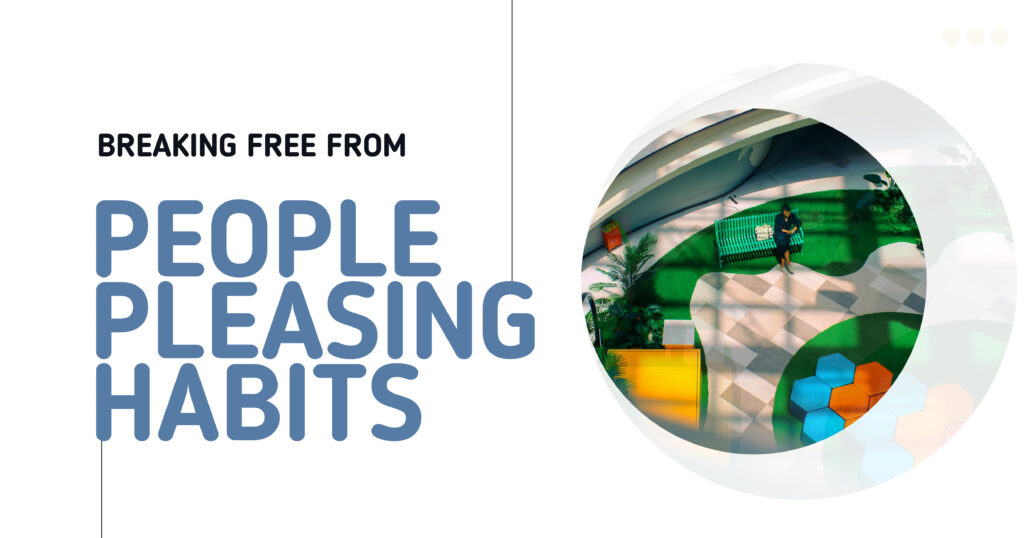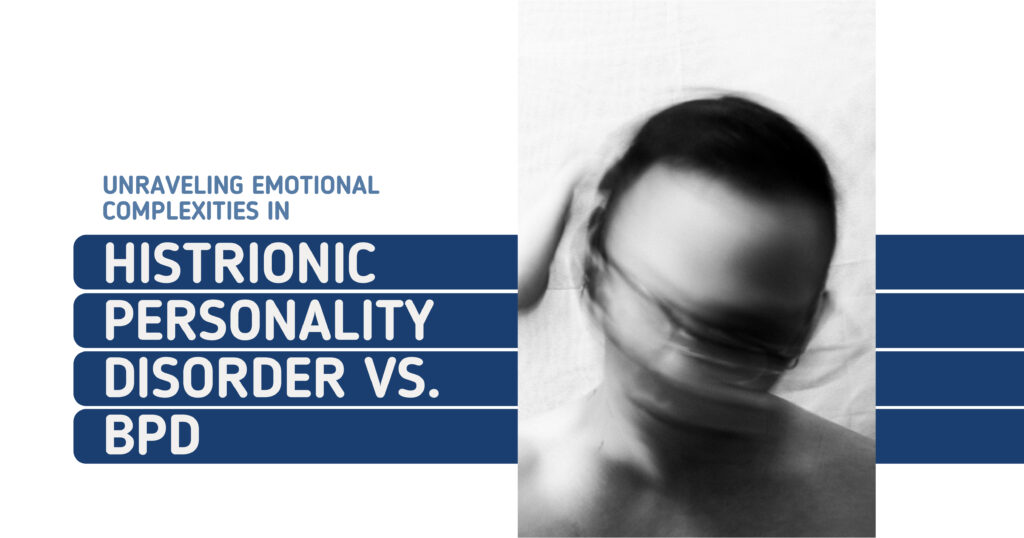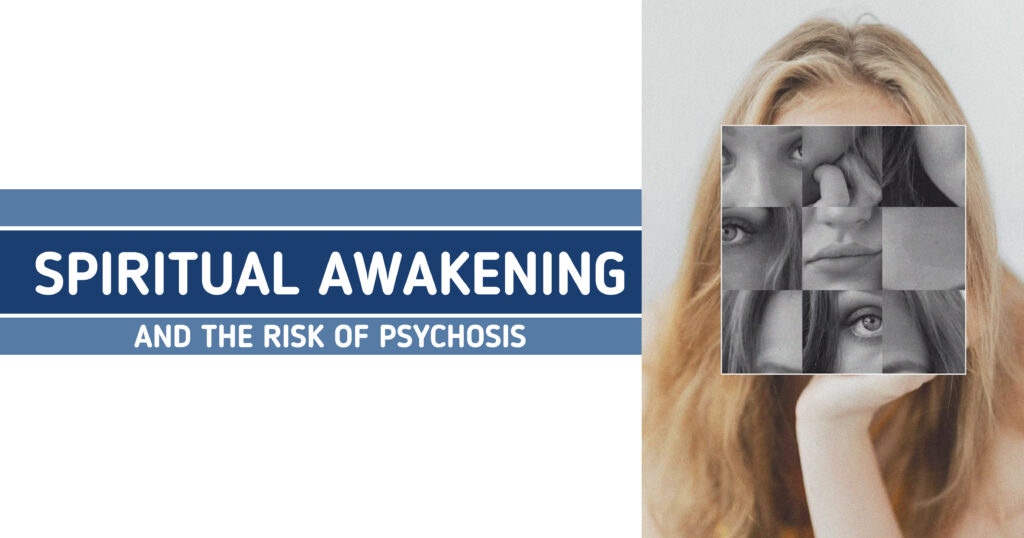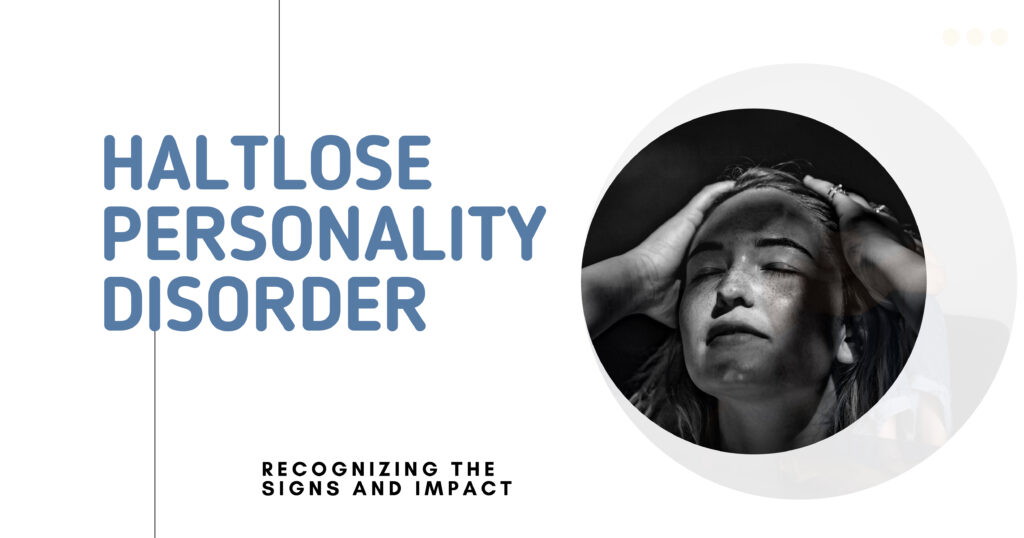Do you constantly go out of your way to make others happy, often at the expense of your own well-being? If you find yourself overwhelmed by the fear of disappointing others, you’re not alone.
Many people fall into the habit of people pleasing, believing it’s the only way to maintain peace, earn love, or feel valued. But the cost of always saying “yes” can be mental exhaustion, lost identity, and burnout.
Learning how to stop being a people pleaser isn’t about becoming selfish it’s about creating a life where your needs matter just as much as anyone else’s. In this blog, we’ll explore what people pleasing looks like, why it’s harmful, and what you can do to reclaim your emotional independence through assertiveness skills, self-care strategies, and setting boundaries that protect your mental well-being.
What Does It Mean to Be a People Pleaser?
A people pleaser is someone who consistently prioritizes the wants, needs, and expectations of others above their own. While kindness and cooperation are important, chronic people pleasing often stems from deeper emotional concerns like low self-worth, fear of conflict, or a desire for validation. Over time, this behavior can become a survival mechanism rooted in the belief that your value lies in how useful or agreeable you are to others.
Rather than choosing to help from a place of compassion, people pleasers feel compelled to help to avoid discomfort, guilt, or rejection. This leads to resentment, emotional burnout, and an inability to advocate for oneself. True connection thrives on honesty, not constant compliance.
San Diego Mental Health
Recognizing the Signs of People Pleasing
People pleasing can be subtle, and many don’t even realize they’re doing it until the effects begin to pile up. If you often feel emotionally drained, overwhelmed, or underappreciated, you may be caught in this pattern.
Some common signs include:
- Saying “yes” when you really want to say “no.”
- Feeling responsible for other people’s emotions.
- Avoiding conflict at all costs.
- Apologizing excessively.
- Struggling to accept compliments or praise.
- Neglecting personal needs or desires.
These behaviors may feel like kindness on the surface, but they often stem from fear rather than generosity.
Why People Pleasing Is Harmful in the Long Run
While trying to please others may temporarily reduce tension or earn approval, it ultimately erodes self-respect and emotional stability. Chronic people pleasing teaches your brain that others’ needs are more important than your own, leading to anxiety, depression, and poor self-image.
It also distorts relationships. People may grow to expect your self-sacrifice and take it for granted, leaving you feeling invisible and resentful. Over time, the habit undermines your ability to trust your instincts, speak your truth, or prioritize personal needs without guilt.
According to the American Psychological Association, consistently ignoring your own emotional needs can contribute to long-term mental health issues, including burnout and lowered resilience to stress.
How to Stop Being a People Pleaser?
Breaking the people-pleasing cycle is not about swinging to the opposite extreme – it’s about finding balance. You can still be kind and cooperative without neglecting yourself. The key is learning new mental habits and communication tools that foster emotional independence and self-respect.
Start by Setting Healthy Boundaries
Boundaries are not walls they’re guidelines for how you want to be treated. Without boundaries, people pleasers often feel used, unappreciated, and invisible. Learning to set and uphold boundaries means acknowledging that your time, energy, and emotions are valuable.
Start small. You don’t need to overhaul every relationship overnight. Choose one area of your life where you often feel overextended, maybe it’s work or a specific friendship and begin practicing limits. For example:
- Politely decline tasks outside your job description.
- Schedule time just for yourself and protect it.
- Speak up when someone crosses a line or makes you uncomfortable.
Setting boundaries helps others understand what’s acceptable and empowers you to take control of your life.
Develop Assertiveness Skills That Empower You
Assertiveness isn’t aggression – it’s about expressing your needs honestly and respectfully. When you’re assertive, you’re not trying to dominate the conversation – you’re simply ensuring your voice is heard.
Building assertiveness skills starts with reshaping your internal dialogue. Replace thoughts like “I don’t want to upset them” with “My needs are valid too.” Practice using “I” statements to express how you feel:

“I feel overwhelmed when I take on extra work. I need to stick to my current tasks to stay focused.”
You can also role-play or rehearse conversations that require boundary-setting or saying no. The more you practice, the more natural assertiveness will feel.
Rebuild From Within: Self-Care and Self-Esteem
People pleasing often comes from a place of low self-worth. When you don’t believe you’re enough on your own, you try to “earn” value by being helpful, agreeable, or indispensable. That’s why building self-esteem is essential in your recovery from people pleasing habits.
Self-care plays a vital role in this transformation. Not just bubble baths or spa days – but true, nourishing, soul-deep self-care. That includes:
- Honoring your emotions without judgment
- Making time for rest and creativity
- Surrounding yourself with emotionally healthy people
- Saying “no” when something doesn’t align with your values
The National Institute of Mental Health stresses that consistent self-care can improve emotional health and build resilience over time.
Learn to Prioritize Personal Needs Without Guilt
One of the hardest lessons for a recovering people pleaser is realizing that your needs aren’t selfish – they’re human. Prioritizing yourself is not about ignoring others; it’s about making sure your own tank is full so you can give from a place of strength, not sacrifice.
Let go of the idea that you must justify every decision with a long explanation. You don’t owe anyone a reason for resting, declining an invitation, or changing your mind. Permission begins with you.
San Diego Mental Health
Saying No Confidently – And Meaning It
Saying “no” can feel terrifying, especially if you’re used to equating it with rejection or disappointment. But every “yes” that isn’t aligned with your well-being is a silent “no” to yourself.
Here are some simple ways to say no confidently:
- “Thanks for thinking of me, but I can’t commit right now.”
- “I appreciate the offer, but I need to focus on other priorities.”
- “No, but I wish you the best with that project.”
Remember: “No” is a complete sentence. Saying it doesn’t make you rude – it makes you responsible for your emotional well-being.
Ready to Break Free? We’re Here to Help at Mental Health Center of San Diego
If you find yourself constantly putting others first and struggling to reclaim your own needs, know that help is available. At Mental Health Center of San Diego, our experienced professionals can guide you in developing healthy boundaries, cultivating self-worth, and rediscovering emotional independence. Contact us today to begin your journey toward a more empowered, authentic you.

FAQs
What are effective assertiveness techniques for overcoming people pleasing behaviors?
Start with using “I” statements, practice role-playing tough conversations, and learn to tolerate the discomfort that comes from being honest. Assertiveness is a skill that improves with repetition.
How can setting boundaries improve emotional independence and self-care?
Boundaries create space for rest, reflection, and growth. When you set clear limits, you protect your energy and make room for the things that truly matter to you.
What steps can I take to build self-esteem and focus on prioritizing personal needs?
Engage in consistent self-care, challenge negative self-talk, and celebrate your wins – big or small. Surround yourself with people who value you for who you are, not just what you do for them.
How do I confidently say no without feeling guilty or anxious?
Use short, polite phrases and remember that “no” is not a rejection – it’s a boundary. Practice in low-stakes situations first, and build up your confidence over time.
San Diego Mental Health
What self-care strategies support the journey to stop people pleasing and enhance assertiveness skills?
Regular journaling, therapy, mindfulness practices, and setting aside alone time can all support your mental clarity and help you strengthen your assertiveness muscle.








